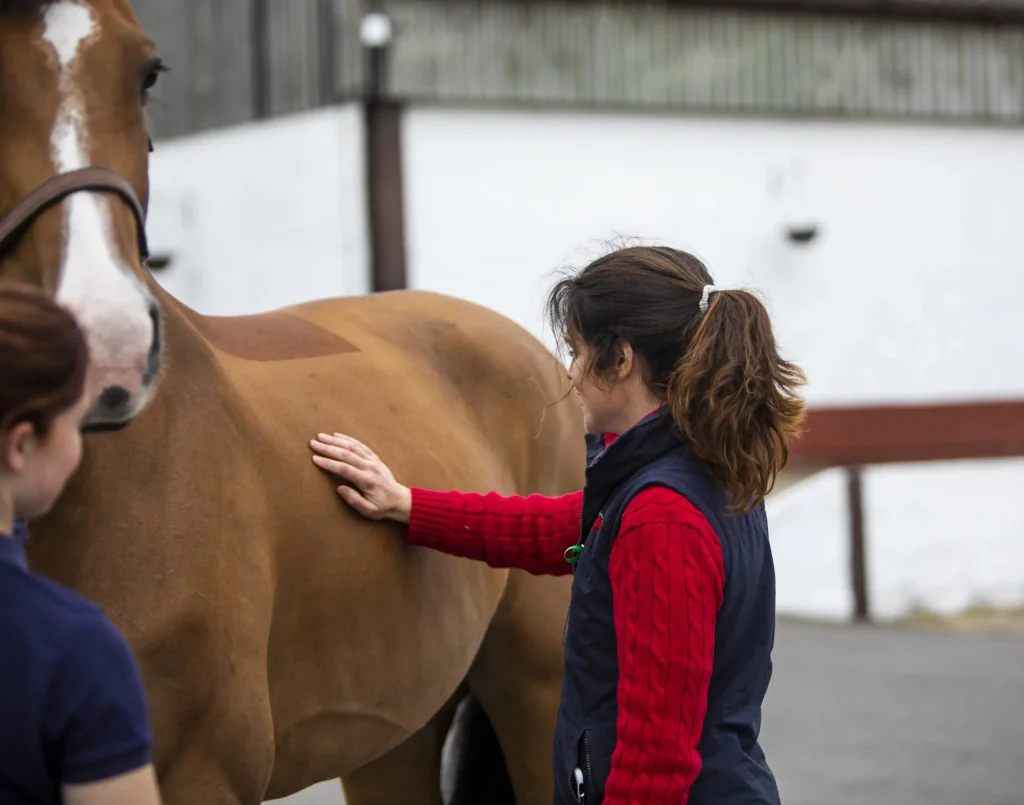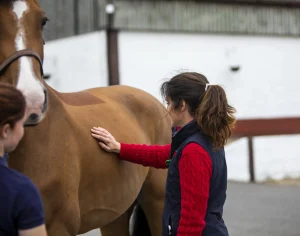Equine nutrition optimizing digestive health and sustaining peak performance

Equine nutrition refers to the study and practice of feeding horses in a way that meets their dietary requirements, promotes overall health, and supports optimal performance. Horses have unique digestive systems that require a balance of forage, grains, vitamins, and minerals. Equine Nutrition is essential for maintaining body condition, supporting muscle development, and sustaining energy levels for activities ranging from casual riding to competitive sports. A well-planned diet can prevent digestive issues, enhance immunity, and ensure that horses perform at their best consistently.
Why Is Digestive Health Crucial for Horses?
Digestive health is foundational to a horse’s overall well-being and performance. Horses are hindgut fermenters, meaning they rely on a complex digestive system to process fibrous plant material efficiently. Poor digestive health can lead to conditions such as colic, gastric ulcers, and irregular bowel movements, which negatively impact energy, behavior, and athletic capacity. Proper equine nutrition supports a stable gut environment, aids in nutrient absorption, and promotes healthy microbial balance. By prioritizing digestive health, horse owners can ensure that their animals remain energetic, comfortable, and ready for peak performance.
How Can Balanced Nutrition Enhance Performance?
Balanced nutrition directly influences a horse’s strength, stamina, and recovery. Horses engaged in rigorous training or competitive events require sufficient energy from carbohydrates, fats, and proteins. Electrolytes, vitamins, and minerals help regulate muscle function, hydration, and metabolic processes. Feeding strategies that align with the horse’s workload ensure that energy levels are sustained throughout training and performance sessions. Additionally, proper nutrition aids in faster recovery post-exercise, reduces fatigue, and supports consistent training progress, making it a critical component for competitive success.
What Are the Key Components of an Equine Diet?
A well-rounded equine diet typically includes forage, such as hay and pasture, as the primary source of fiber. Concentrates, such as grains or commercial feeds, provide additional energy when required for high-performance horses. Vitamins and minerals, either naturally present or supplemented, ensure that the horse’s dietary needs are met for bone health, muscle function, and immune support. Water is another vital component, as proper hydration supports digestion, temperature regulation, and overall health. By combining these elements appropriately, horse owners can create a diet that meets the individual needs of their animals.
How Does Nutrition Prevent Digestive Issues?
Proper feeding practices help minimize common digestive problems in horses. Feeding small, frequent meals reduces the risk of gastric ulcers and colic, while providing consistent access to clean water supports gut motility. Introducing dietary changes gradually allows the digestive system to adapt, preventing upset. Supplements, such as probiotics and prebiotics, may be used to enhance microbial balance and promote nutrient absorption. Monitoring body condition and adjusting feed based on activity levels ensures that horses maintain optimal weight and digestive health, which in turn supports long-term performance.
What Role Does Ongoing Assessment Play in Equine Nutrition?
Regular assessment of a horse’s dietary needs is essential for sustained health and performance. Weight management, body condition scoring, and performance monitoring allow adjustments to feeding plans based on individual requirements. Seasonal changes, workload variations, and age-related considerations may necessitate modifications to ensure the horse continues to receive the right balance of nutrients. Collaboration with equine nutritionists or veterinarians can provide expert guidance, ensuring that the diet supports digestive health, immune function, and peak performance consistently.
Conclusion
Equine nutrition is a vital aspect of maintaining digestive health and sustaining peak performance in horses. By providing a balanced diet tailored to individual needs, horse owners can prevent digestive issues, enhance energy levels, and support overall well-being. Attention to forage, concentrates, vitamins, minerals, and hydration ensures that horses remain healthy and perform at their best. With proper planning, monitoring, and adjustments, equine nutrition not only promotes longevity and vitality but also allows horses to excel in training, competition, and daily activity.








